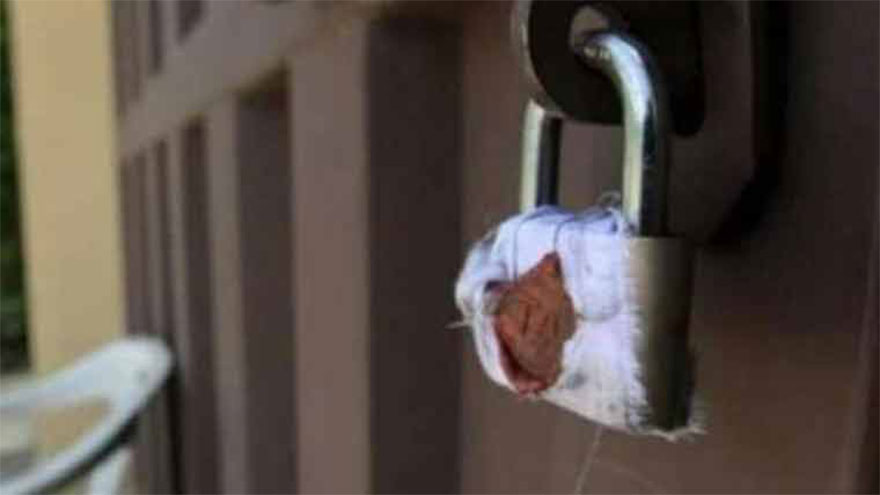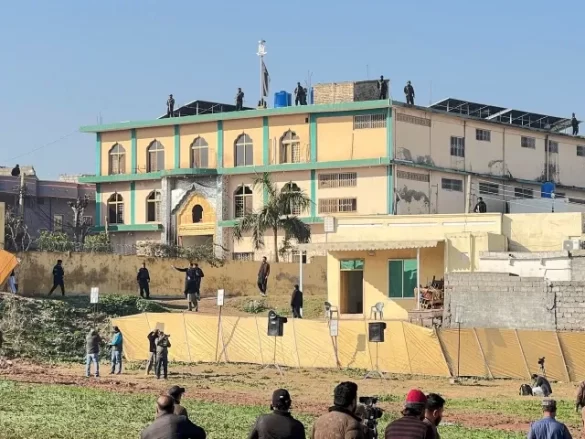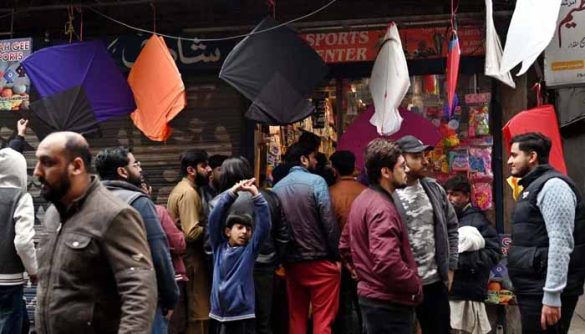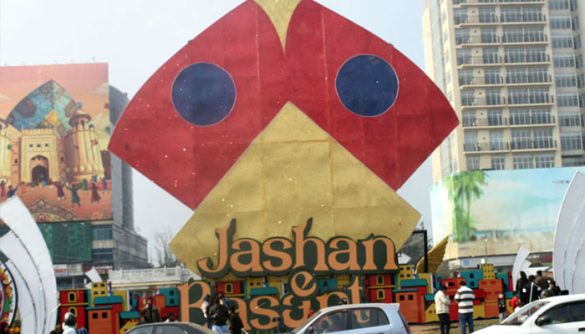Government Launches Major Action Against TLP
Authorities in Pakistan have intensified their crackdown on Tehreek-e-Labbaik Pakistan (TLP), sealing several of the party’s offices across the capital, Islamabad. The operation was carried out by the district administration in coordination with law enforcement agencies.
According to officials, TLP offices in Bharakahu, Swan, and other sensitive areas were closed as part of the security drive. This follows earlier police operations targeting the group’s leadership, including a raid on TLP chief Saad Rizvi’s residence where authorities reportedly seized millions in cash, gold, and foreign currency. The move follows reports that the religious-political group had been holding organizational meetings and mobilizing supporters in violation of existing restrictions.
The administration said the closures were necessary to maintain law and order and to prevent the misuse of religious sentiment for political gains.
Punjab Urges Federal Ban on TLP
In a parallel development, the Punjab provincial government has decided to formally recommend that the federal government impose a complete ban on TLP. The proposal emerged from a high-level law and order meeting chaired by Chief Minister Maryam Nawaz Sharif in Lahore.
Participants of the meeting reviewed the province’s overall security situation following recent protests and violent demonstrations linked to TLP activists. According to government sources, authorities believe the group’s rhetoric and street mobilization risk destabilizing public order.
Section 144 Imposed Across Punjab
To curb further unrest, the Punjab government has invoked Section 144 across the province. The order prohibits large public gatherings, demonstrations, and processions for an indefinite period.
Officials have also recommended a series of stringent measures against TLP, including:
-
Suspension of all official and unofficial social media accounts operated by the party or its supporters.
-
Freezing of bank accounts associated with TLP’s leadership and organizational activities.
-
Transfer of party properties and assets to the provincial Auqaf Department (which manages religious endowments).
-
Placement of TLP leaders on the Fourth Schedule of the Anti-Terrorism Act (ATA), which imposes travel and movement restrictions on individuals suspected of extremist activities.
Authorities Vow to Uphold State’s Authority
Government officials stated that the measures are a response to recent violent protests, incendiary speeches, and attacks on law enforcement personnel in several cities. Security forces have been deployed in key districts to prevent further escalation.
A senior administration officer told reporters that no political or religious group will be allowed to challenge the writ of the state. He added that maintaining peace and stability is the government’s top priority.
Background: TLP’s History of Street Power
Tehreek-e-Labbaik Pakistan, founded in 2015, is known for its hardline stance on blasphemy laws and its ability to mobilize large street protests. The party has previously staged sit-ins in Islamabad and Lahore, often leading to violent clashes with police.
TLP was briefly banned in 2021 following nationwide demonstrations, though the ban was later lifted after negotiations with the government. The group’s resurgence in recent months, however, has prompted renewed concerns among security officials about its influence on public order.
Outlook
Political analysts say the latest crackdown reflects Islamabad’s growing unease with groups that challenge state authority under the guise of religious activism. Whether the proposed federal ban will be enforced remains to be seen, but officials insist that maintaining peace takes precedence over political considerations.
As tensions continue, observers warn that Pakistan faces a delicate balance between safeguarding civil freedoms and curbing extremist rhetoric that threatens national stability.















